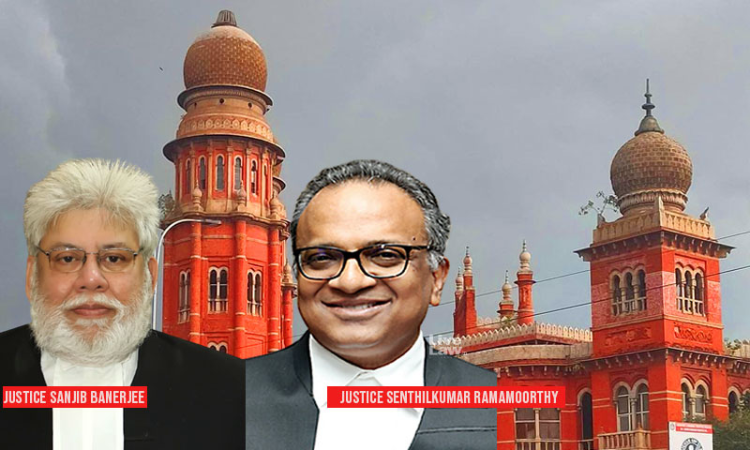Expressing concerns about the tendency of states to be rivals against each other in the "race to obtain vaccines", the Madras High Court on Monday suggested that the Centre should allocate the vaccines.Chief Justice Sanjib Banerjee, speaking on behalf of a Bench comprising himself and Justice Senthilkumar Ramamoorthy orally expressed the view that various states were facing problems...

